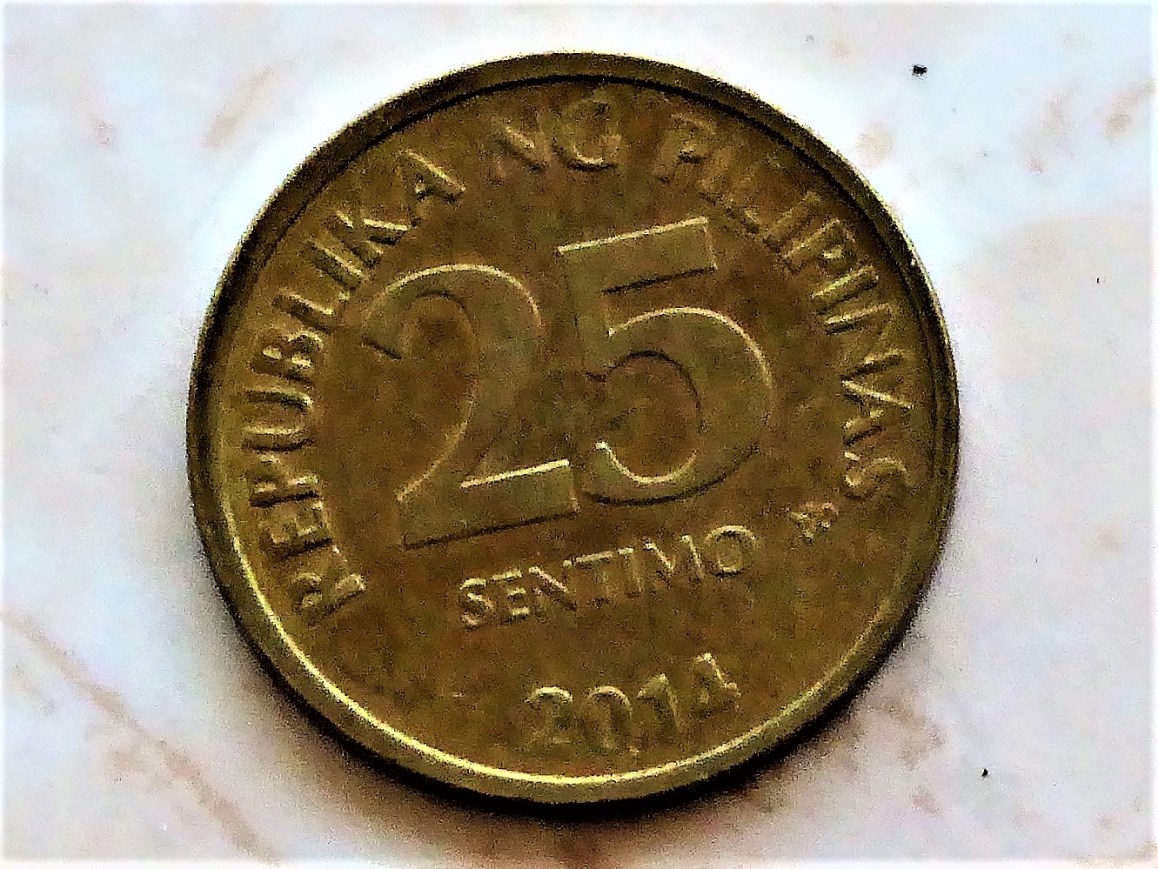
After a stay in the hills in the south of the island of Negros, Anya and I went to the port at Dumaguete early in the morning to get the ferry to a small island called Siquijor. It was raining – heavy, tropical rain – and we got drenched in alighting from the auto-rickshaw and walking the short distance to the ticket office at the ferry terminal. Standing around, under umbrellas, was a big crowd of Filipinos. One of them told us the bad news: all ferry services to Siquijor had been suspended for at least 2 days. A tropical storm named ‘Tembin’ was moving across the Philippines further south. The day before, a ferry departing Quezon, in the north, had capsized in big waves; 4 people had drowned and 250 rescued; the incident had made the news services all over the world. The local coastguard, understandably feeling a bit jittery, wasn’t taking any chances.
The crowds of Filipinos standing around disconsolately, were foreign workers who had returned for the Christmas/New Year period to be with their families. The cancellation of the ferry services was a disaster for them. Many of them had decided to wait around for the day in the hope that at some point, the coastguard might change its mind and the ferry service be resumed. But given the circumstances, especially given the disaster from the day before, the chances of this occurring seemed slender.
Anya and I were left in a quandary.
We had booked 5 nights at a lodge on Siquijor, including Christmas Day. Our problem was nothing compared to the Filipinos hoping to join their families for the festive season, but nevertheless we had to come up with a ‘plan B’.
A break in the rain came. We walked towards one of the bars we had seen during our ride in the rickshaw along the esplanade. We stopped at the first one we came to, asked if they served breakfast – which they did – and ordered omelettes and coffee. In the meantime, we began pondering our alternatives. Early that morning, when we got up at first light, it was with an expectation of how the day would unfold. Now everything was in flux.
Whilst waiting for our breakfast, I looked around me.
The bar was one of many in Dumaguete which was frequented at nights by elderly Caucasian men – mostly Americans with a smattering of Australians and British – who lived in or near Dumaguete and spent their days in the company of Filipino women and, drinking. On the wall behind the bar was a long list of the drinks available and their prices. It was easy to see why, if you liked a drink, that this was a good place to be (a glass of single malt whisky for example, cost the equivalent of 2 Euros)
Early on that rainy morning however, there was a lingering desolation about the place. Looking past the empty tables and chairs on the sidewalk, at the wet esplanade and the ferry boats lying at anchor on a sheet of grey sea – I was tempted to order a whisky myself.
After breakfast, Anya and I got to work.
We cancelled our booking at the lodge on Siquijor, and then looked around for somewhere else to stay. A place on the coast of Negros and preferably not too far from Dumaguete was the most logical option.
Most of the places we found on the coast of Negros were full or exorbitantly expensive. That was hardly surprising but also, rather dispiriting. The glass of whisky entered my thoughts again.
Eventually Anya, who thankfully is a good deal more persistent than me, found a place which was on the beachfront, within our budget, and 20 kilometres away. We booked 4 nights, got a rickshaw to the bus station, then on a bus going down the coast followed by another rickshaw.
As the rickshaw turned off the busy main road and lurched down a long muddy track passed a riot of palm trees, ferns and creepers, I had a feeling that everything had turned out for the best.
That night, sitting on a balcony, the sound of waves breaking on the sand and palm fronds clattering in the wind, I was not sorry about the ferry service being suspended.
Plan B had worked out.
To live the unexpected – that is what it truly meant to travel.


Like this:
Like Loading...





